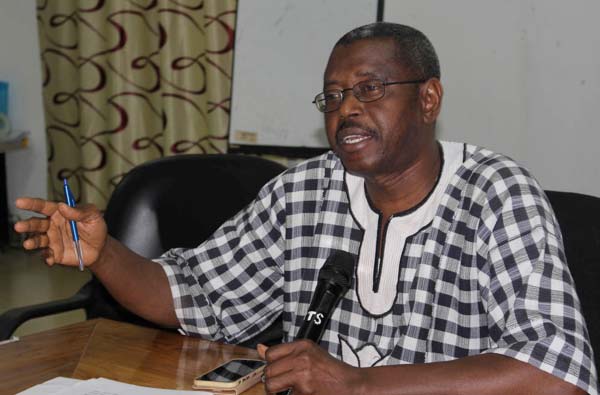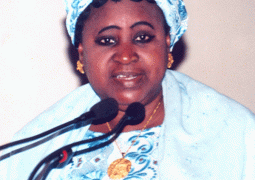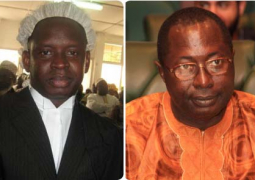
The
Executive Director of ActionAid-The Gambia, Omar Badjie, has emphasised the
importance of promoting, protecting and fulfilling children’s rights.
Speaking
yesterday at the EU-ActionAid support project training workshop, he said in The
Gambia many children are lacking quality education due to lack of facilities
not provided to teachers, especially in the rural areas.
“We
will ensure that teachers in the rural areas get access to good facilities, and
we will engage the Ministry of Basic and Secondary Education to tackle this
problem,” he said.
The
training course was organised by ActionAid-The Gambia under the EU project of
child rights, which is targeting Central River Region (CRR), Upper River Region
(URR) and parts of Lower River Region (LRR).
The
three-year EU project is particularly focusing on child rights with the
implementing partners being the Child Protection Alliance and FAWEGAM. The
project will be targeting vulnerable communities and key stakeholders to tackle
the issue of child rights.
“It
is estimated that children, under the age of 18 years, form about 50 per cent
of the population of The Gambia,” he said.
“To
fulfill the rights of these children, The Gambia ratified international legal
instruments such as the UN Convention on the Rights of the Child and the
African Charter on the Rights and Welfare of the Child.”
He
added that other national laws and legal instruments have been enacted, such as
the Children’s Act 2005, Women’s Act 2010, Trafficking in Persons Act 2007,
Sexual Offences Act 2013 and Domestic Violence Act 2013,”
Mr
Badjie said Children in Africa, The Gambia included, are among the poorest,
most excluded and vulnerable people.
“Children’s
ideas and contributions to decision-making, be it at the family, community or
national level, are not considered important and useful enough to be included
in plans; as a result their priorities and needs are consistently left out of
the development process, thus making them even more vulnerable and prone to
abuse.
“I therefore call on all and urge parents,
teachers and other primary duty bearers, to pay special attention to the needs
and aspirations of children and encourage them to be forthcoming in expressing
themselves, to contribute in their own little way to the development processes
at different levels.
“In
the same vein government, CSOs, CBOs and other institutions are expected to
provide needed support to parents and teachers, for them to adequately fulfill
their duties and obligations to the children.”
He
also impressed on participants at the training course the importance of
continuing to relate to each other on matters of children’s rights beyond the
confines of the workshop.
“The
workshop should be seen as a platform to establish partnerships which will
enable you to work as a network in ensuring that proper and most appropriate
policies are developed, to ensure that the right environment prevails for
proper growth and development of children.”
The
project coordinator, Mrs Bridget Correa, in her remarks, said the project is
expected to push children’s issues to engage policymakers and women leaders on
child rights, and empower child-focused organizations to promote children’s
rights in the region of CRR LRR and URR.
Hundreds
of policymakers will be trained on mainstreaming child rights, in particular,
and on how to understand and assess the impact of all policies or laws on
children.
It
is expected that the project will enlighten the public to be able to influence
national policy and legal frameworks protecting children’s rights, as well as
to speak out publicly against harmful traditional practices, in particular FGM
and child marriage.
Read Other Articles In Article (Archive)
Warriors Handball Club hosts Kafrin
Jun 18, 2010, 12:42 PM
Sub-regional dialogue to end FGM opens in Banjul
Feb 28, 2014, 11:43 AM



